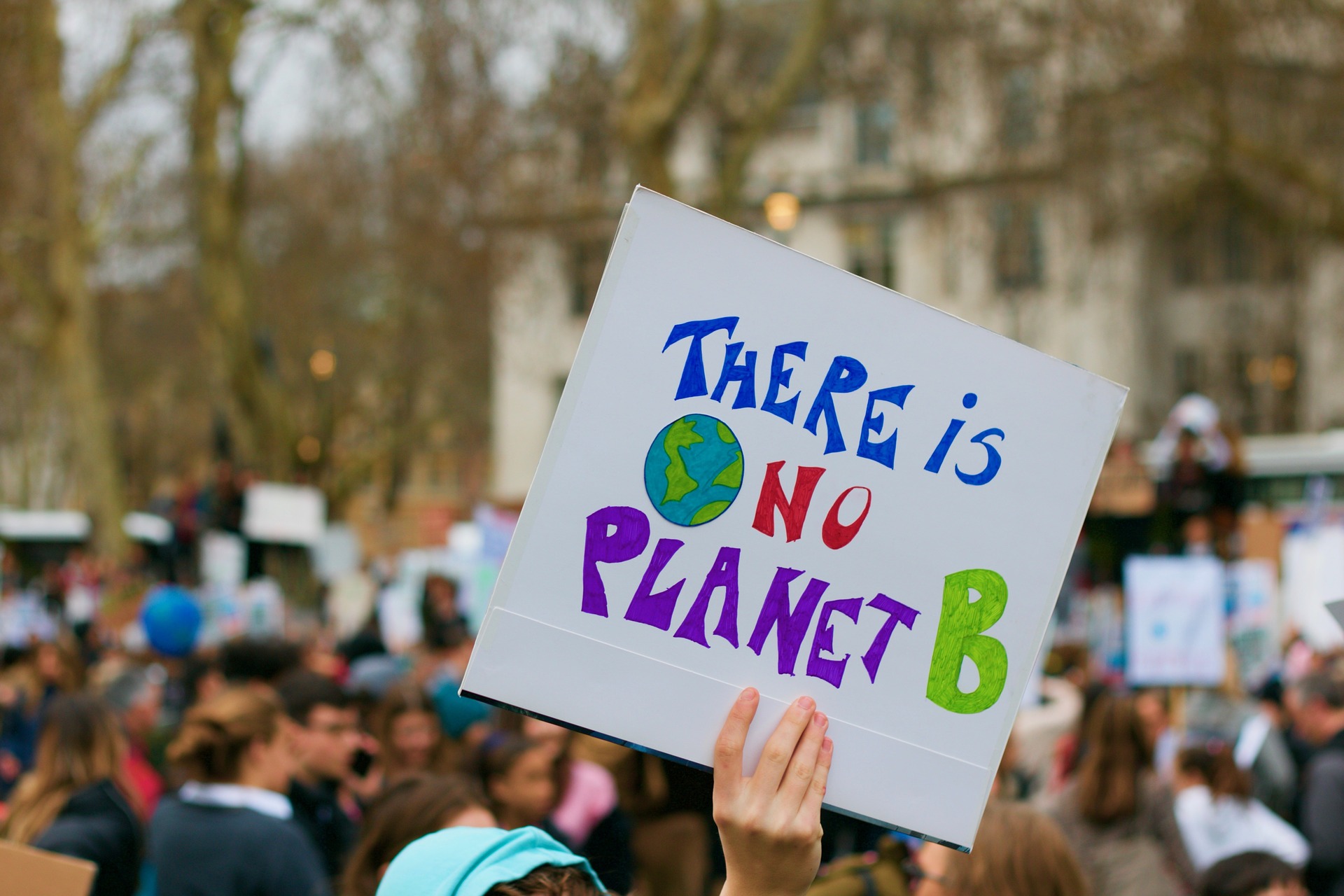Gen Z and Sustainability Influencers
Now more than ever, we hear about being conscientious, especially regarding eco-consciousness. Between what we wear, what we eat, and the media we consume, we can make conscious decisions to choose more sustainable options. A notable generation leading this change in perspective is Gen Z.
Gen Z and Their Impact On Sustainability
From conception to consumption, Gen Z leads the way in redefining social media marketing and environmentalism. The generation’s views on sustainability derive from their want to make conscious choices about the brands they consume and the influencers they idolize.
Growing up in an era where climate change has been a fixed topic on social media sites, Gen Z wants to pursue a lifestyle with a conscious choice to live authentically, including which brands they buy into. According to a recent study conducted by First Insight, “the vast majority of Generation Z shoppers prefer to buy sustainable brands, and they are most willing to spend 10% more on sustainable products. The report also found that Gen Z along with Millennials are the most likely to make purchase decisions based on values and principles (personal, social, and environmental).”

With information at their fingertips, it’s no surprise that Gen Z is more selective on the products and brands they associate with, including the influencers they watch. They have values they uphold and are unwilling to compromise, and the influencers they look up to mirror that sentiment. According to a report by CNBC, “Failing to address Gen Z’s environmental concerns not only puts a company’s reputation at risk but also its future workforce.”
Ethics Upheld by Sustainable Influencers
Over the past few years, sustainable influencers have garnered a bit of a spotlight as Gen Z turns to them to learn and understand the impact their lifestyles can make on our environment. Many of these influencers are authentic and stand heavily in their beliefs in hopes that their followers can learn to make better decisions when it comes to brands, consumerism, and understanding their impact on the environment.
“Majorities of these climate-engaged social media users report feeling angry that not enough is being done when encountering climate change content online, but large shares also say they feel motivated to learn more and confident in the ability to reduce the effects of climate change,” a study from Pew Research shows. As Gen Z scrolls through their favorite platforms, they encounter influencers and content creators wanting to educate anyone willing to listen.
An example of an influencer implementing this lifestyle is YouTuber Shelbizleee. Shelbi has a bachelors in Environmental Science and shares her knowledge with her followers. Her mantra translates directly to her audience: “You cannot do all the good that the world needs, but the world needs all the good that you can do.” Her mantra is reflected in the brands she works with by:
- Being selective about the partnerships she pursues and the brands she affiliates with
- Researching to verify that a brand is not greenwashing
- Educating her audience to make conscious choices when it comes to consumption
Shelbi sees sustainability as an extension of eco-minimalism, a phrase coined by Howard Liddell concerning environmentally conscious design concepts for construction. A decade later, the term is redefined to focus on living consciously with a collective goal of a smaller carbon footprint.
Leading with the same mentality of living authentically is author and creative Leah Thomas (Greengirlleah). Thomas rose quickly in followers as the founder of the Intersectional Environmentalist, a “Climate justice community and resource hub centering BIPOC and historically under-amplified voices in the environmental space.” Thomas expands her ideology surrounding environmentalism by striving to live authentically. “I try my best to live intentionally, always considering the impact my decisions have on people and the planet, but also embrace nuance and imperfection,” she writes for the Washington Post.
Next Steps for Brand Partnerships
As we look toward Gen Z and their positive environmental impacts, they too need to be able to look to brands that align with their views. Yet, the rate at which brands are reacting is timid: “The most common changes companies are making to reduce the environmental impact of their marketing strategies is reducing the climate impact of products and services (33%), increasing reuse, resale, and recycling levels within companies (31%), and increasing investments in innovations that allow them to offer more environmentally friendly products and services (27%)” (DUKE FUQUA).
As sustainability swiftly picks up speed, in part because of Gen Z’s advocacy for climate change, the market will continue to need to change to reflect its values. We as people are imperfect, but making that simple first step toward change is a step toward a more sustainable future.